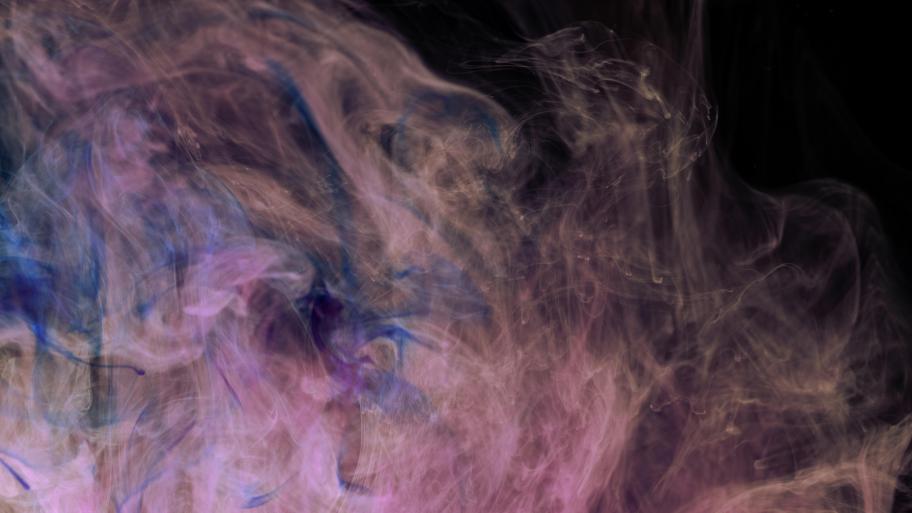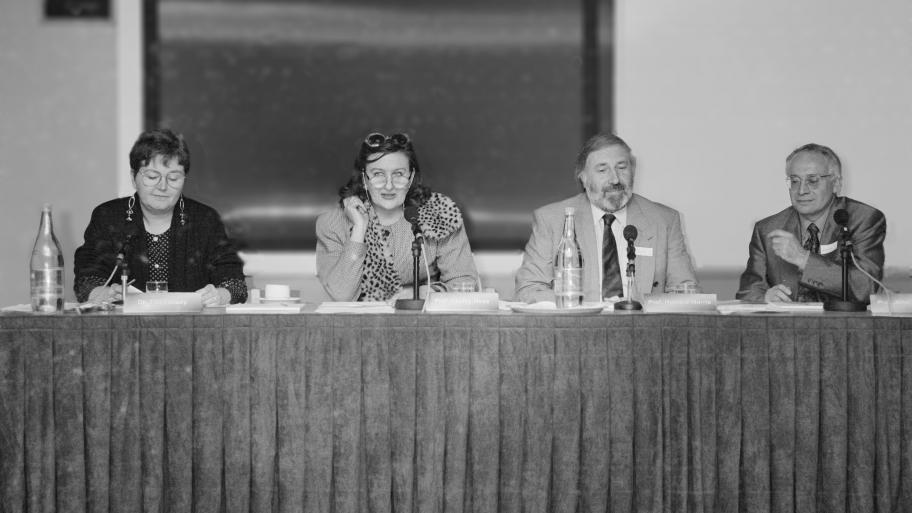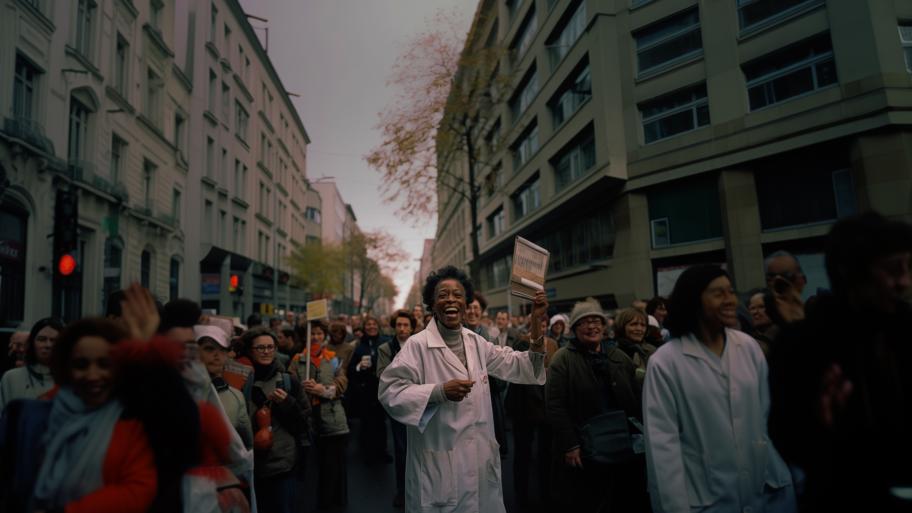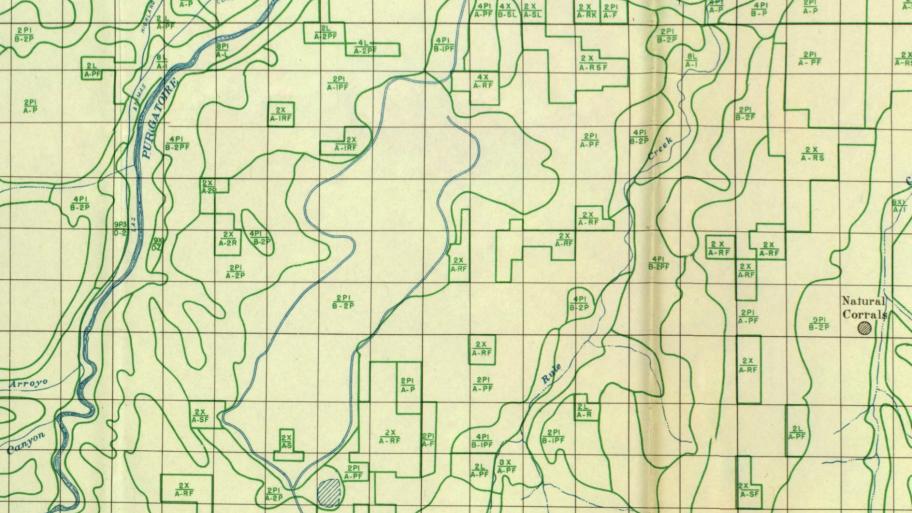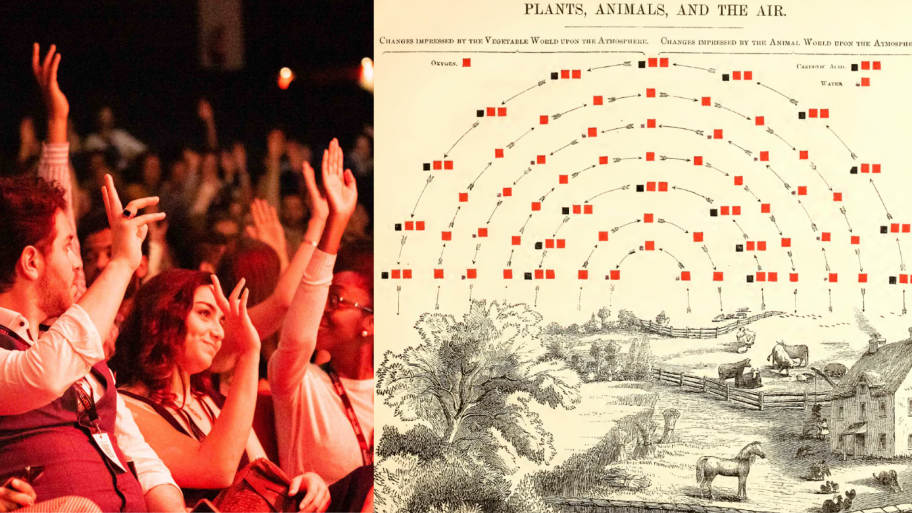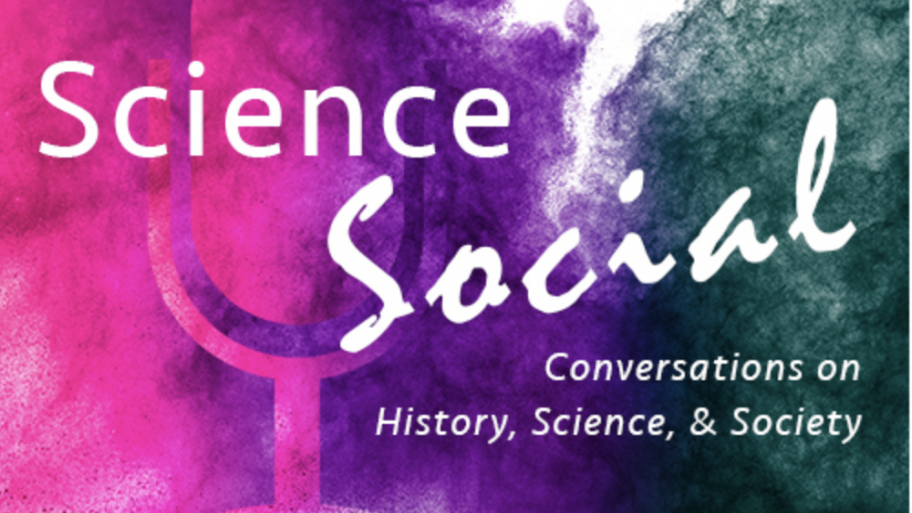Founded in 1994, the Max Planck Institute for the History of Science (MPIWG) in Berlin is one of the more than 80 research institutes administered by the Max Planck Society. It is dedicated to the study of the history of science and aims to understand scientific thinking and practice as historical phenomena. Researchers pursue a historical epistemology in their studies of how new categories of thought, proof, and experience have emerged.

